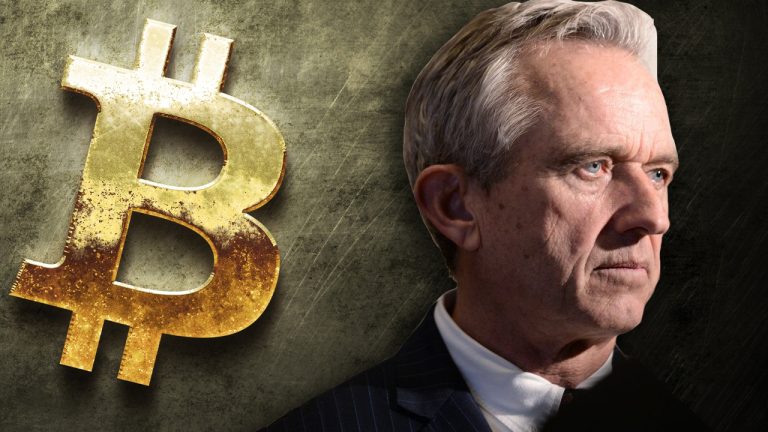
The decades old ‘NSA created Bitcoin’ theory has again made the rounds on social media, with one Bitcoin advocate adding more weight to his ongoing theory.
Bitcoin advocate Nic Carter has come out to reiterate his support for the theory that the United States National Security Agency (NSA) had something to do with the creation of Bitcoin (BTC).
On Sept. 15, Iris Energy co-founder Daniel Roberts seemingly revived the decade-old theory on X after posting screenshots of a 1996 paper titled: “How to make a mint: The cryptography of anonymous electronic cash.”
The paper is one of the first known discussions of a Bitcoin-like system, which proposes using public-key cryptography to allow users to make anonymous payments without revealing their identity.
The footer notes show the research paper was “prepared by NSA employees.” Sources included cryptography expert Tatsuaki Okamoto who co-invented the Okamoto–Uchiyama public key cryptosystem in 1998.
On Sept. 21, Carter — a partner of Castle Island Ventures partner doubled down his support for the notion stating “I actually do believe this,” before adding:
“I call it the Bitcoin lab leak hypothesis. I think it was a shuttered internal R&D project which one researcher thought was too good to lay fallow on the shelf and chose to secretly release.”
Carter has actually held the theory for several years, proposing back in 2020: “If Bitcoin was written by NSA cryptographers as a monetary bioweapon, if you will, and the code escaped those sensitive confines... does that make it a virus... that escaped from a lab?”
In 2021, he stated: “The only decent thing the NSA ever did from the world was let Bitcoin leak from the lab."
I actually do believe this. I call it the bitcoin lab leak hypothesis. I think it was a shuttered internal R&D project which one researcher thought was too good to lay fallow on the shelf and chose to secretly release https://t.co/qXJkQTciSK
— nic carter (@nic__carter) September 21, 2023
However, he went on to say that this doesn’t imply the U.S. government secretly controls all the Satoshi coins, another theory that often piggybacks on the Bitcoin / NSA conspiracy theory which suggests the NSA created a backdoor to the Bitcoin code.
“In my version of this made-up idea, the researcher did it without permission of the NSA, and chose to leave the coins behind so as to preserve his anonymity.”
“There’s a ton of other circumstantial evidence which supports this [theory],” he added.
Meanwhile, some users drew attention to one of the cryptography academics Tatsuaki Okamoto listed in the 1996 paper, suggesting the name sounds very similar to Satoshi Nakamoto, the pseudonymous creator of Bitcoin.
“The name could have been used as inspiration for satoshi. That’s not really a critical part of the theory though,” Carter said.
Related: This is how Satoshi Nakamoto envisioned crypto working
Meanwhile, director of Intelligence at cyber security firm Krebs Stamos, Matthew Pines, believes it was most likely a “cross-fertilization of NSA crypto nerds and cipher punk nerds,” adding:
“I suspect Satoshi (or at least his/their close intellectual collaborators) has close NSA work associations—but I don’t think Bitcoin itself or the white paper were officially sanctioned.”
Former Goldman Sachs executive Raoul Pal has previously shared his own theory. In an interview with Impact Theory earlier this year he said:
“I think the US government and the UK government invented it ... which is the NSA and the GCHQ in the UK, who are the two world centers of cryptography,”
Cointelegraph’s deep dive into the conspiracy theory in August interviewed former NSA cryptanalyst Jeff Man, who said that while it was “feasible” that the NSA could have created Bitcoin as a means to gather intelligence about its enemies, it is highly doubtful.
However, Man concluded that even if they did, it is likely we’ll never find out the real story behind the world’s most popular digital asset until it doesn't matter anymore.










